The recent football scene has been bustling with excitement, yet tinged with a hint of awkwardness: Alan, once a highly anticipated naturalized player, at the age of 35, has proactively "thrown in the towel" for the national team. Not only did he fail to make the latest national team training squad, but he will also miss the upcoming World Cup qualifiers. Upon the release of this news, fans were in an uproar; some felt sorry, others were angry, and there were those who questioned whether the investment in naturalized players was worth it. Behind this incident, is it a special personal choice by Alan, or does it reflect issues with our naturalization policy itself?
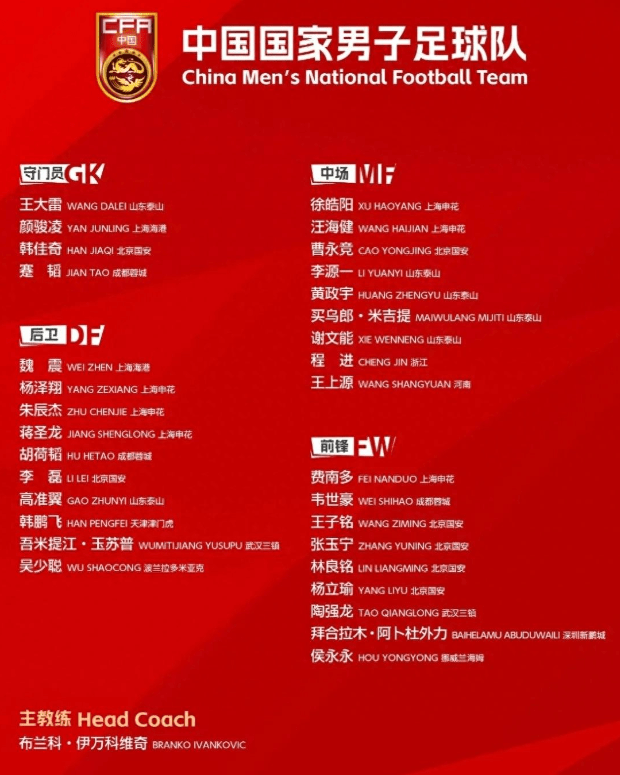
To understand Alan's "departure" journey, we must start with his early performance. This Brazilian-born player was introduced by the Chinese Football Association as a naturalized player in 2019 and was one of the top stars at the time. With superior physical conditions and delicate footwork, he was expected to help the national team address its weak frontline. Indeed, he had shown certain capabilities and contributed many crucial goals for the national team.

However, in recent years, Alan's attitude has taken a sharp turn for the worse. From previously responding positively, to later citing physical fitness issues to reject call-ups, and even not returning to China after the end of the CSL season, it seems that his dedication is not very "deep." When the team needed him for matches, he was abroad recuperating, and this time, when the national team knocked on his door again, he simply turned a deaf ear and ended it with silence.
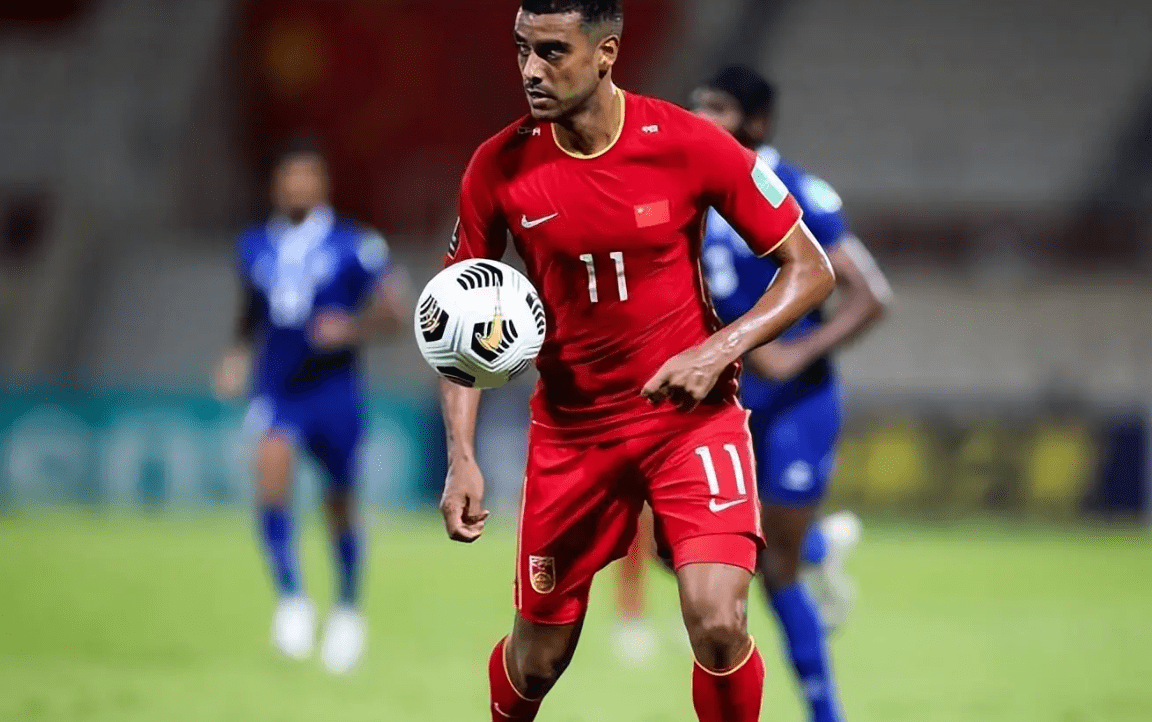
Perhaps Alan's increasing age and changes in the CSL environment have caused him to lose his passion. However, the issue lies in that naturalized players carry not just personal choices but also the plans and honor of the entire national team. Now that he has left, he has left behind a big question mark: Is such naturalization worth it?
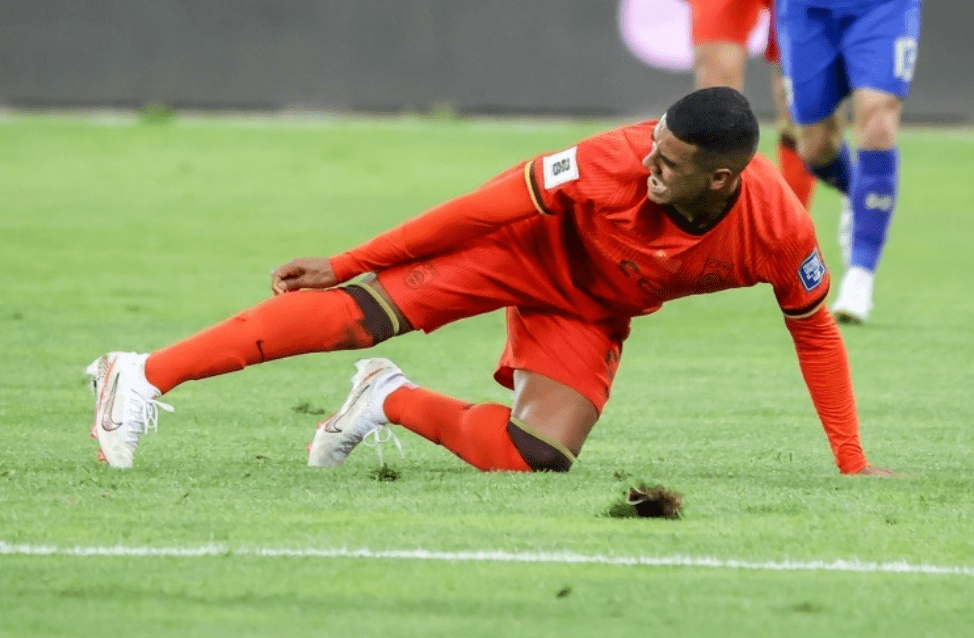
In stark contrast to Alan is another naturalized player, Jiang Guangtai. Although he missed the current national team training due to injury, unlike Alan, Jiang Guangtai has always maintained a strong sense of responsibility to the national team. Jiang Guangtai plays a core role in defense and has performed diligently in key matches with stable and solid performances. This time, fans are more understanding of his absence: It's not that he doesn't want to come, but his physical condition truly cannot support it.
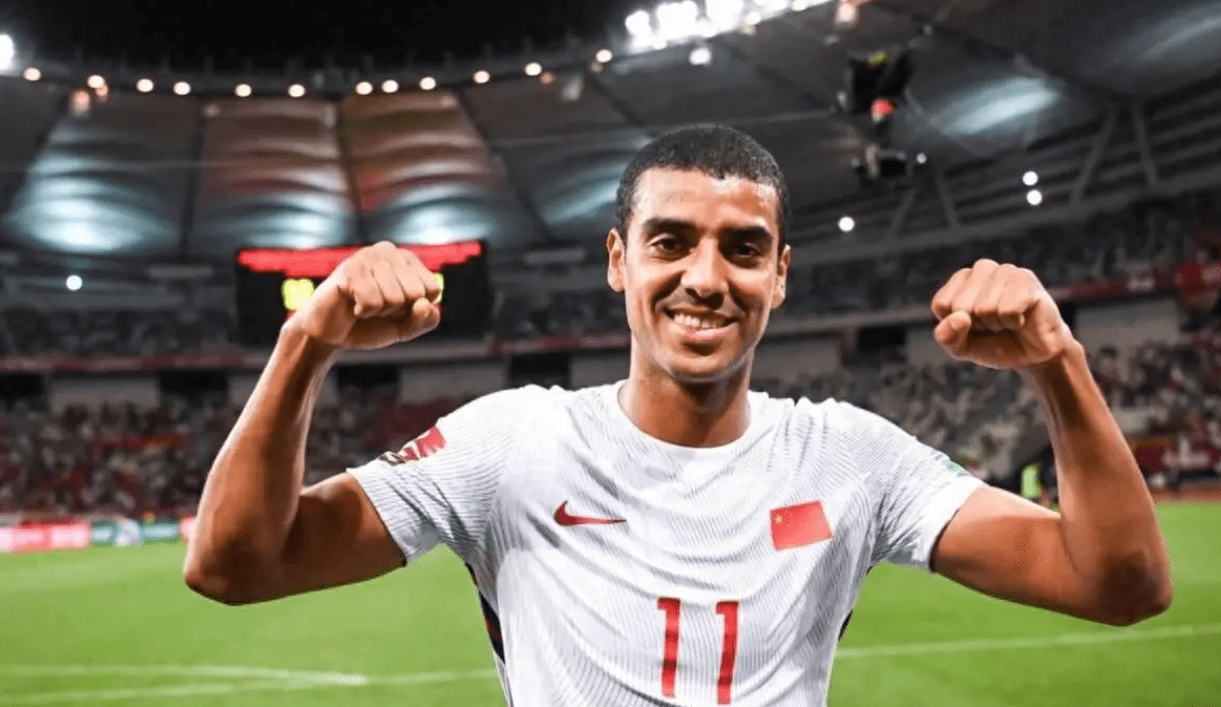
Alan's "coldness" stands out against Jiang Guangtai's "warmth." While the abilities of naturalized players are undoubtedly important, their attitudes and sense of responsibility are equally indispensable qualities. In this regard, Alan has clearly submitted a disappointing answer.
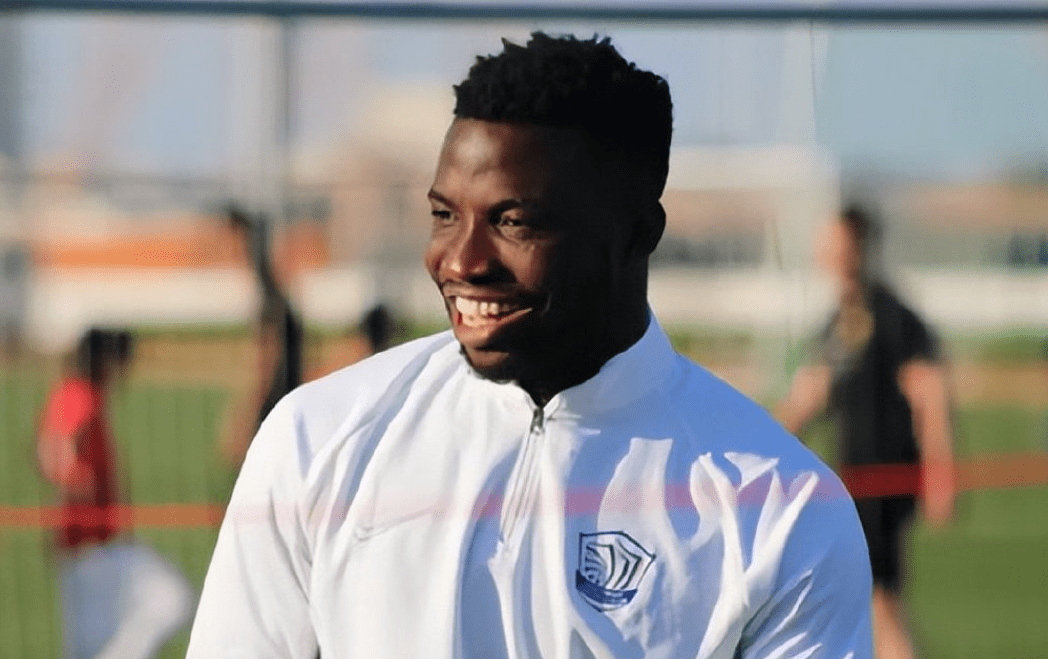
Speaking of naturalization, we cannot overlook its original intention. A few years ago, the national team's frontline was always a weak point, missing opportunities in various competitions due to the lack of firepower upfront. Thus, the Football Association decided to focus on the path of naturalization, hoping to quickly enhance the team's combat capability. Alan joined under such circumstances, but looking back now, it seems that the results did not reach the expected level.

The advantages of the naturalization policy are obvious: Its short-term effects are evident, capable of quickly filling gaps in the team. It's like a firefighter who can hold the fort in critical moments. However, the problem lies in what comes after—once the firefighter completes the initial task of "putting out the fire," they lose the motivation to stay with the team long-term, leaving behind more troubles than before.

The Alan incident reflects this point. When he initially joined the national team, he achieved some results with the team, but during the naturalization process, he did not cultivate a sense of cultural identity and belonging. It's akin to ordering an expensive takeout meal, only to have the other party cancel the order after just a few bites.
Given the continuous problems with older naturalized players, can we still rely on this path in the future? The answer is yes, but improvements are needed.
Now, the Chinese Football Association is focusing on younger potential naturalized players like "Little Oscar" and "Serginho." Unlike Alan, they are not only in better form but also possess long-term development potential. Especially young players like Little Oscar, who have experience in European leagues, their introduction may alleviate the issue of aging naturalized players.
Of course, with Alan's cautionary example, the naturalization policy needs to become more rational. How can we enhance these new naturalized players' sense of identity with the Chinese team? How can we deepen their sense of responsibility through future contracts and incentive measures? These are the key points. Otherwise, if we remain stuck in the stage of "spending big money for short-term effects," tragedies like Alan's will continue to recur.
A more intense point of contention is whether naturalization compresses the living space for local players. This contradiction is particularly evident in key positions. In the past few years, there have been plenty of opportunities to hone the national team's frontline, but due to the addition of naturalized players, the playing time for local forwards has significantly decreased. This short-term strategy of "using foreign aid as substitutes" appears effective but fails to truly cultivate a long-term developmental echelon.
Many fans believe that instead of spending large sums to introduce a few foreign players with uncertain attitudes, it would be better to invest more resources in the cultivation of young local players. They think that naturalization is just a temporary solution, while localization is the sustainable way forward. Such voices are worth reflecting upon by the Football Association.
Looking at Asia, Qatar's naturalization policy is undoubtedly one of the models. Their core element in naturalizing players is not high salaries but rather focusing on developing a natural path from youth training to naturalization. For example, Almoez, who helped Qatar win the 2019 Asian Cup, was cultivated under the Qatar system from childhood.
In comparison, China's naturalization strategy seems overly utilitarian. We focus on "immediately playable" immediate combat power but overlook the combination of the players' own sense of identity with the team. Doesn't the Alan incident sound the alarm for us?
The original intention of the naturalization policy is not wrong, but it can only be a means, not an end. Alan's choice sends many signals: Not all naturalized players are worth investing in, and not every strong foreign player can adapt to the environment and requirements of Chinese football. Instead of simply spending money to solve urgent problems, it would be better to plan for the long term and focus more on cultivating local players. As the saying goes, "Quenching thirst is not as good as digging a well"; the future of the national team ultimately depends on its own efforts.